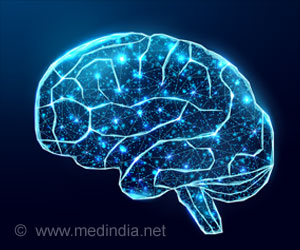Agitation in people with dementia is generally treated by non-drug patient-centered care, followed by the use of antidepressants like mirtazapine if the former fails. However, the present study deems it no more effective than a placebo, and rather may even increase mortality and poor outcomes.
Agitation in Dementia
The study team recruited 204 people with probable or possible Alzheimer’s disease from 20 sites around the UK, allocating half to mirtazapine and half to placebo. The trial was double-blind; meaning that neither the researcher nor the study participants knew what they were taking.
It was shown that there was no less agitation after 12 weeks in the mirtazapine group than in the control group. Moreover, there were increased number of deaths in the mirtazapine group (seven) by week 16 than in the control group (only one).
“Dementia affects 46 million people worldwide – a figure set to double over the next 20 years. Poor life quality is driven by problems like agitation and we need to find ways to help those affected. This study shows that a common way of managing symptoms is not helpful – and could even be detrimental. It’s really important that these results are taken into account and mirtazapine is no longer used to treat agitation in people with dementia. This study has added important information to the evidence base, and we look forward to investigating further treatments that may help to improve people’s quality of life,” says Lead researcher Professor Sube Banerjee, Executive Dean of the Faculty of Health and Professor in Dementia at the University of Plymouth.
Source: Medindia



